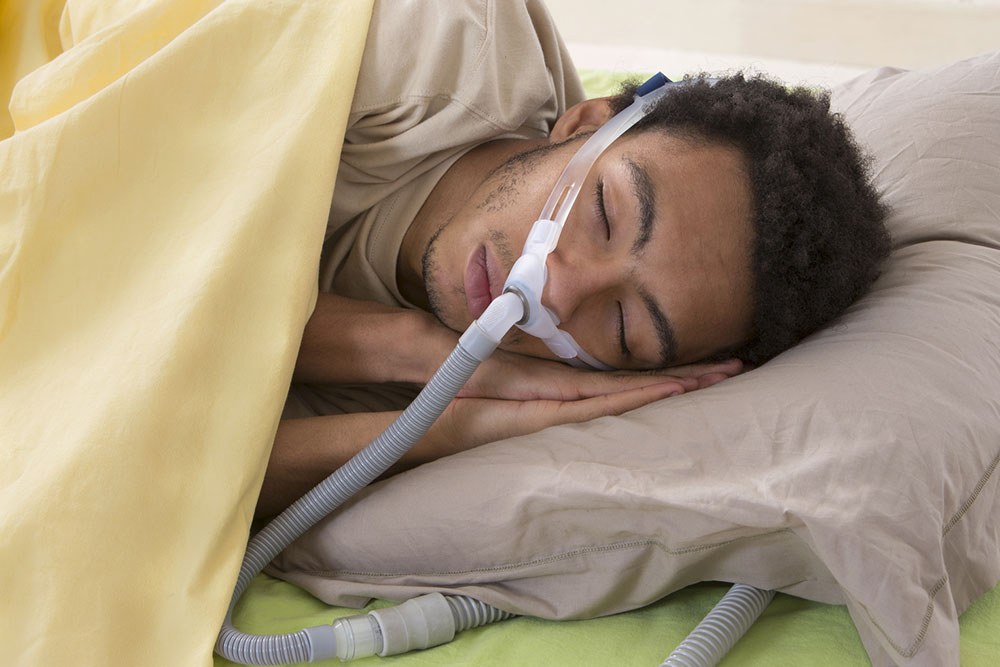
Understanding the Difference Between Sleep Apnea and Snoring
For many people, the concepts of sleep apnea and snoring are used interchangeably, but this incorrect. Both sleep apnea and snoring are conditions that are uniquely different from each other. Let’s take a look at both and understand the differences.
1. What is sleep apnea?
Sleep apnea is a medical condition in which a person’s breathing stops and starts multiple times while they are asleep. Sometimes, the patient might wake up for breathing to start again. Sleep apnea can have snoring as one of its side-effects or symptoms.
2. What is snoring?
Snoring occurs when the throat tissues relax and block the airway during sleep, which creates a loud vibrating noise. Studies show that over 90 million Americans snore when asleep, but only half of them suffer from sleep apnea. Sleep apnea usually always leads to loud snoring, but snoring does not always indicate sleep apnea.
3. Understanding the health risks
Snoring should not be taken lightly as it can often indicate serious underlying health issues and sleep disorders like sleep apnea. While it is difficult for the average person to understand the difference between sleep apnea and snoring, any prolonged episodes of noisy snoring should be referred to a doctor for immediate diagnosis and treatment. Snoring should not be disregarded as a normal part of the process of aging or anything else.
The first and primary health risk associated with sleep apnea and snoring is sleep deprivation. Sleep deprivation can impact performance at studies or work due to lack of focus, cause accidents during the day, and lead to moodiness and lethargy. Sleep apnea can also lead to excessive release of stress hormones in the body. Other health risks that may be caused by sleep apnea are diabetes, congestive heart failure, stroke, and even, unfortunately, sudden death.
While snoring does not cause any health complications itself, it can indicate a case of sleep apnea and should be diagnosed. On a different note, extremely noisy snoring can impact the sleep quality of family members. It has also been known to cause feelings of bitterness among couples. In fact, many women have reported not being able to sleep in the same room as their partners due to the unbearable noise from snoring.
4. Getting treatment
The main treatment for sleep apnea involves the use of CPAP, which is a blower that helps maintain steady pressure in the airways while sleeping. CPAP delivers pressure during inhaling and exhaling. A newer technology called EPAP is also available for sleep apnea treatment. As opposed to CPAP, EPAP delivers its positive pressure only during the process of exhalation. Provent is a therapy for obstructive sleep apnea that uses EPAP to treat patients.
Overall health is greatly impacted by the quality of sleep that one gets. One needs to check in with a doctor if they suffer from sleep apnea and snoring in order to improve their quality of life.



